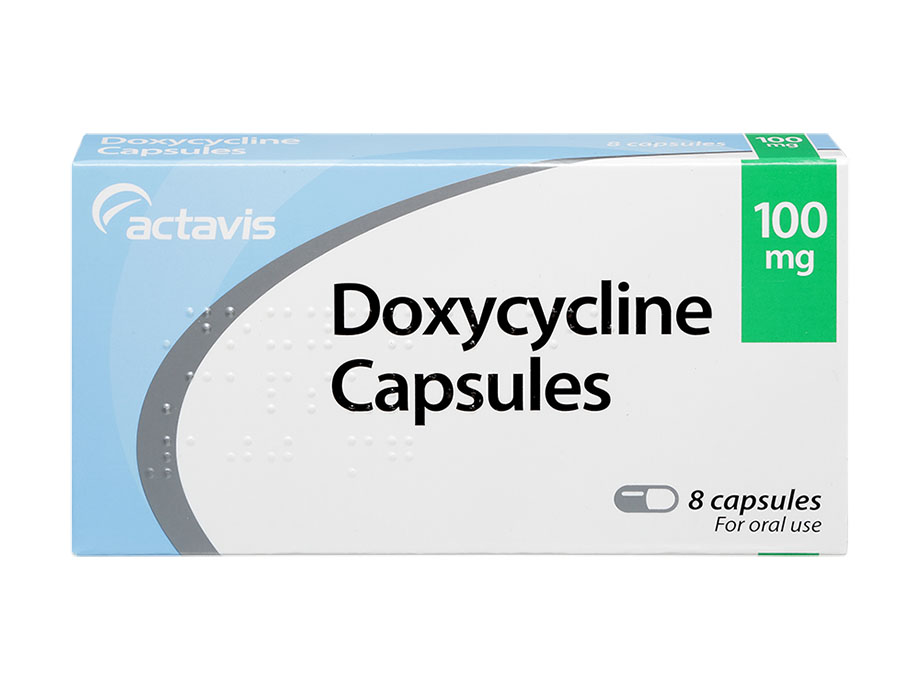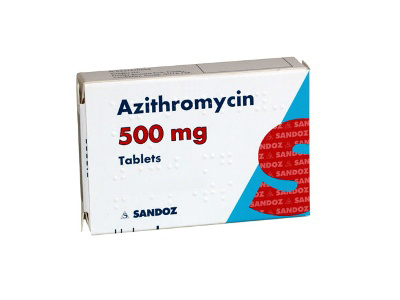Chlamydia treatment
Chlamydia, a common sexually transmitted infection (STI), can cause a range of uncomfortable symptoms and potential complications if left untreated. However, it is highly treatable with the appropriate medication prescribed by a healthcare professional.
Chlamydia Treatment Options
If you suspect you have chlamydia or have recently tested positive for the infection, there are several treatment options available. Two commonly prescribed medications are doxycycline and azithromycin.
Doxycycline Treatment

Doxycycline is an antibiotic medication that is often prescribed to treat chlamydia. It works by inhibiting the growth of bacteria responsible for the infection. Typically, a healthcare professional will prescribe a seven-day course of doxycycline to effectively clear the infection. It's important to take the medication exactly as prescribed, completing the full course, even if symptoms subside before finishing the treatment.
Common side effects of doxycycline may include nausea, stomach upset, and sensitivity to sunlight. It's advisable to avoid direct exposure to the sun and use appropriate sun protection while taking this medication.
Azithromycin Treatment

Azithromycin is another commonly prescribed antibiotic used to treat chlamydia. This medication typically comes in a single dose, making it convenient for those who prefer not to take multiple doses over several days. Azithromycin works by preventing bacteria from multiplying and spreading further.
It's crucial to follow the prescribed dosage instructions and complete the entire course of treatment, even if symptoms improve. Azithromycin is generally well-tolerated, but like any medication, it can cause side effects such as nausea, diarrhea, and abdominal pain.
Complete Treatment and Follow-up
Whether you are prescribed doxycycline or azithromycin, it's vital to complete the entire treatment course to ensure the infection is fully eradicated. Interrupting treatment prematurely can result in a persistent infection or antibiotic-resistant strains of the bacteria.
After completing the treatment, it's recommended to undergo a follow-up test to confirm the successful clearance of the infection. This step is important to ensure that any lingering bacteria are eliminated and to prevent reinfection or the transmission of the infection to others.
Preventing Chlamydia
While treatment is available, prevention is always preferable. To reduce the risk of contracting chlamydia or any other STI, it's important to practice safe sex. This includes using condoms during sexual intercourse and getting regular STI screenings, especially if you engage in high-risk sexual behavior or have multiple sexual partners.
Furthermore, open and honest communication with sexual partners about STI history and testing can help ensure a healthier sexual experience for both parties.
Remember, if you suspect you have chlamydia or any other STI, it's crucial to consult with a healthcare professional. They can provide an accurate diagnosis and prescribe the appropriate treatment to help you overcome the infection and prevent potential complications.